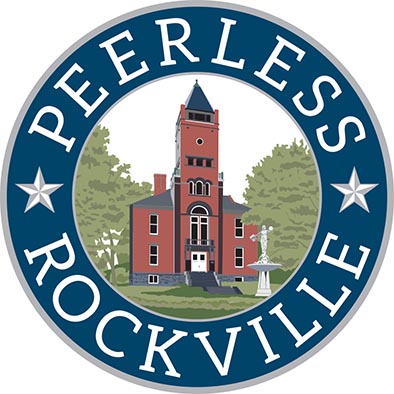
In the years leading up to the American Revolution, the coordination of the American colonies’ responses to actions taken by Great Britain was vital. Coordination was a challenge as the time it would take for news to travel was of course much slower than today. Overland, it might take a letter 24 hours to travel about 100 miles. The 3,000 miles across the ocean from Boston to London could take a month or more, depending on the time of the year and the weather.
The British Parliament received word of the “Boston Tea Party”, which took place December 13, 1773, in late January 1774. Parliament’s response reached Boston in March 1774. These restrictions came to be known as the Intolerable Acts and included the Boston Port Act that blockaded the Port of Boston.
The colonists formed committees of correspondence to disseminate information. These committees grew out of a system used by the British government to share news and information with colonists. Those parliament-mandated committees were only temporary, existing while a particular piece of information needed to be communicated to colonists. The new versions created by the colonists for their own use were meant to be a continuing means of sharing news and grievances. Members of the committees were typically influential businessmen and landowners who were already involved in local government and understood the situation in their area.
These colonial committees, led by Massachusetts, began to form in 1773. By February 1774 twelve of the thirteen colonies had committees. Pennsylvania had not established a committee, but Philadelphia did so independently. Each of the States had smaller committees based in the districts and counties to share news and provide responses at a local level.
In 1774, Frederick County was quite large and had three districts: upper, middle, and lower. (By 1776 it was divided into Montgomery, Frederick, and Washington Counties). The area roughly corresponding to Montgomery County was called “lower Frederick County” and meetings of importance to the community were held at Hungerford Tavern. One of the actions these committees took was to provide input to the State in the form of “resolves”. These resolves were written at the request of Boston’s committee for unified support in the wake of the Intolerable Acts. The Maryland Resolves were published in June 1774 and were included as part of a coordinated response from the colonies to Parliament.





